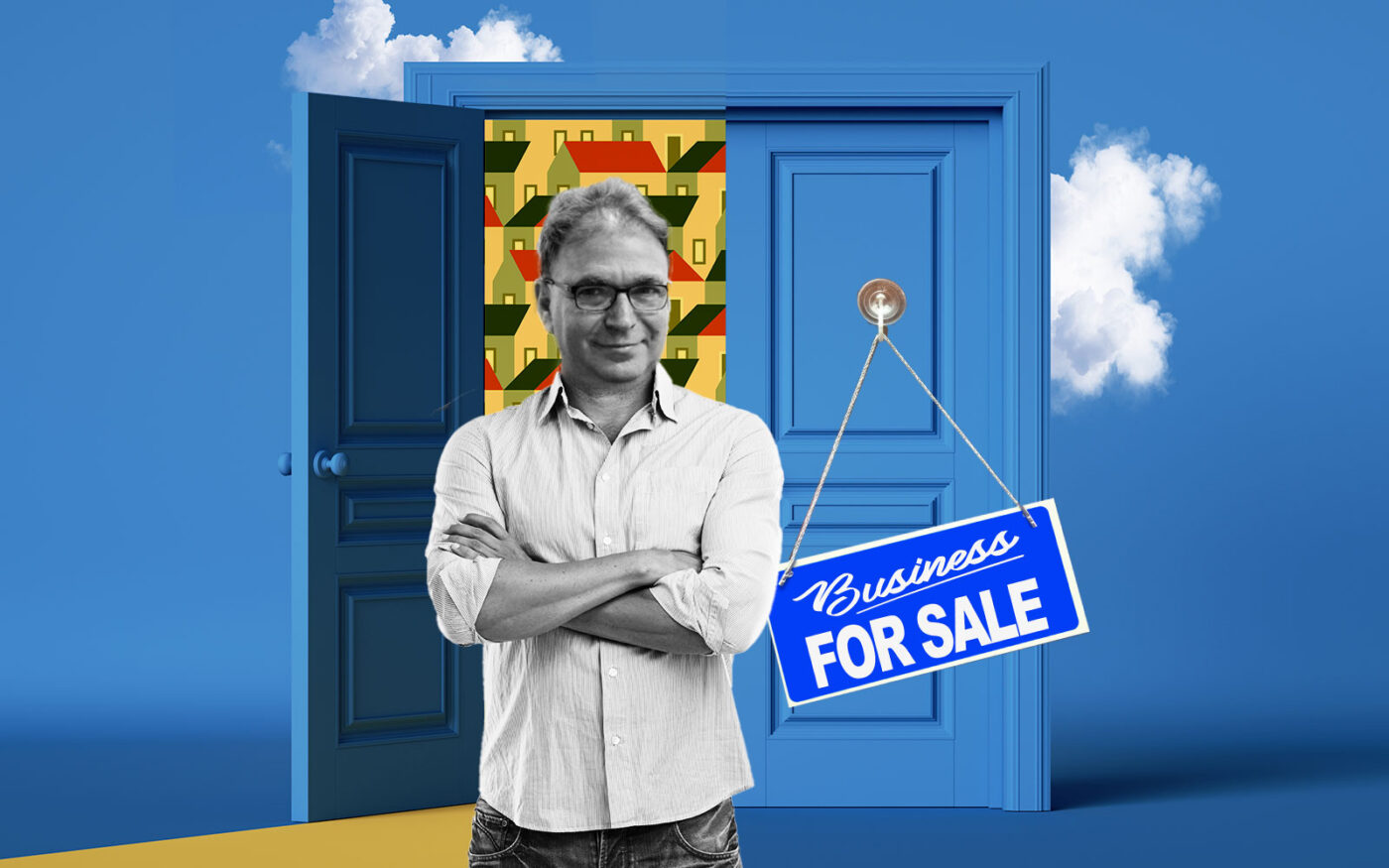Trending
Affordable housing unicorn startups like Veev are a hard sell
Maybe because they’re far from “affordable”

Recent developments suggest the affordable housing crisis won’t be solved by startups.
Veev, a modular housing developer and one of the heavily funded unicorns (startups valued at over $1 billion) in the field, is closing, according to a Crunchbase report.
Despite raising $585 million in venture funding, with $400 million secured in a Series D just last year, the San Mateo-based company’s shutdown casts a shadow over the viability of new solutions. Months after its Series D, Veev laid off 30 percent of its staff and pivoted from building high-rises to low-slung homes. The company didn’t say much about the layoffs, referring to it as a “strategic decision.”
Veev recently told lenders that it couldn’t make interest payments on California property acquisitions financed through debt, blaming the economic environment and declining real estate prices in the state. The company has stopped making those payments until the assets are sold.
Veev was part of a wave of affordable housing startups that gained enthusiasm during the boom years, envisioning mass production of new homes through prefab components and standardized building processes.
There is still some investment in the area. Mighty Buildings, based in Oakland, California, raised $52 million in September for its 3D printed panels. Plant Prefab, located in Rialto, California, secured $44 million in a January Series C for its prefabricated panels. Early-stage rounds also saw some activity, with Samara, founded by Airbnb co-founder Joe Gebbia, securing a notable $41 million Series A for building backyard cottages.
But while many of these startups’ initial products are innovative, they are far from actually being affordable. Veev’s homes, for instance, sold for millions, which may have contributed to its downfall. Competitors to Veev are promising lower prices, like Samara offering $280,000 at its lowest price or Villa $295,000, but neither of these are exactly cheap. Crunchbase called this a “chicken-and-egg dilemma” – because it’s hard to make affordable housing without scale, while it’s also hard to scale something that most people can’t afford.
The National Association of Realtors reported in August that U.S. housing affordability hit a historic low, fueled by rising mortgage rates and low inventory.
— Ted Glanzer




